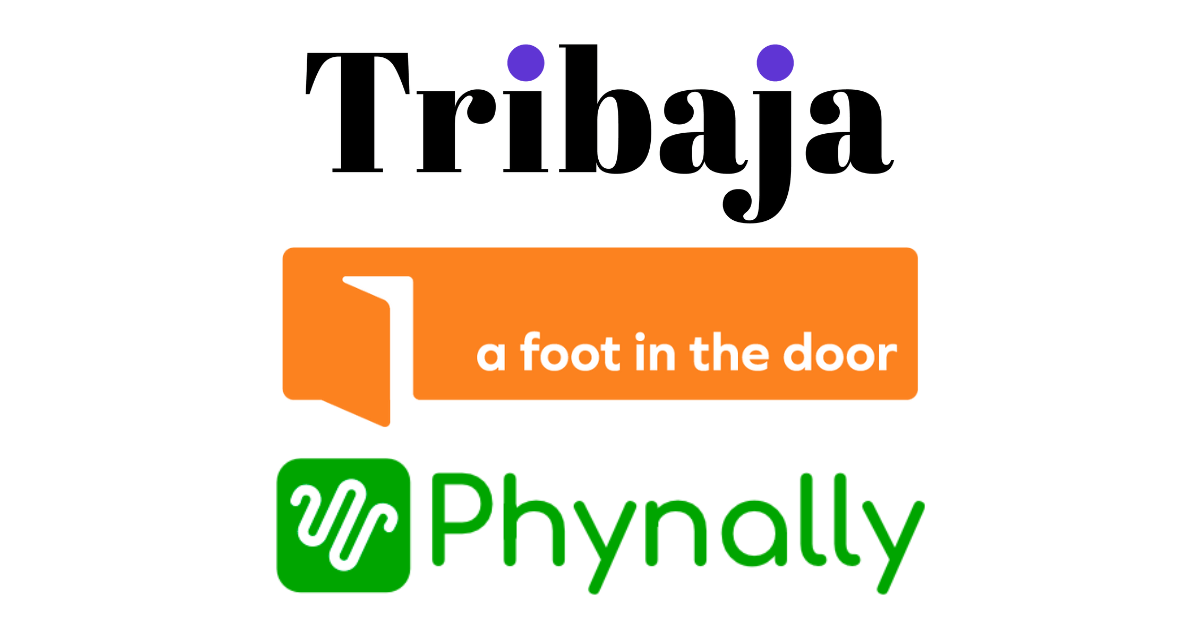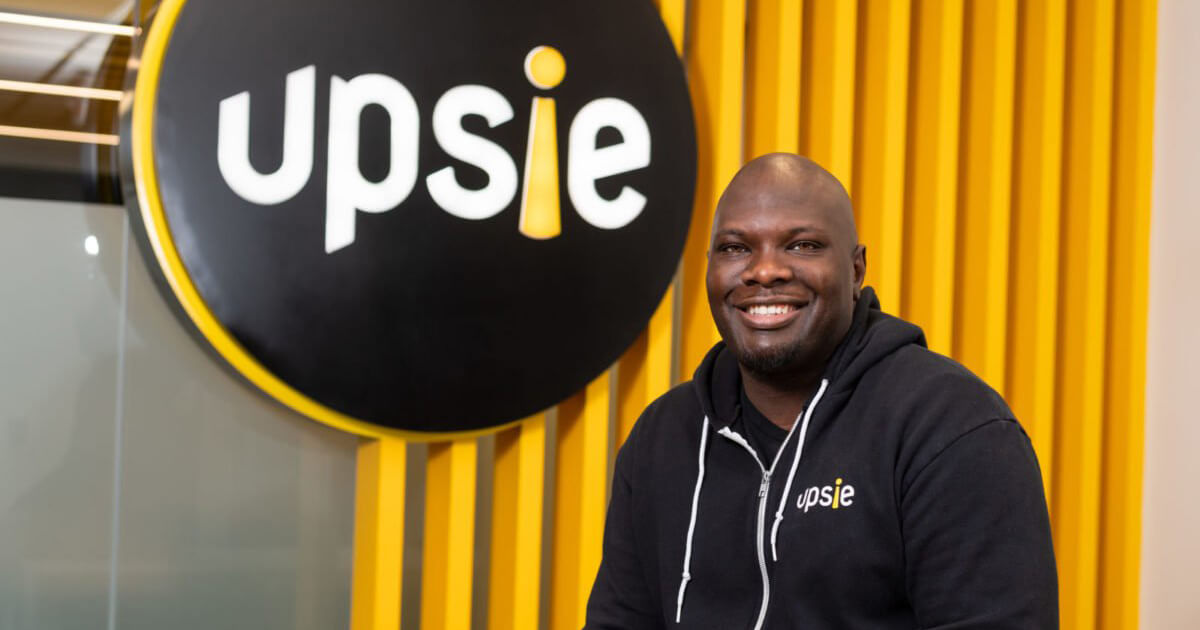Most employers provide new employees with a benefits package: paid time off, health insurance, retirement accounts and more. Now, some big corporations are offering what, to some, could be life changing: completely debt-free college degrees — and they are partnering with a few historically Black colleges and universities to do it.
While tuition reimbursement programs are nothing new, some companies are now taking it a step further by offering debt-free programs that do not cap the amount per semester the company will cover and they pay the school directly so employees do not have to spend any money out of their own pocket for tuition and fees.
This summer, Target and Walmart have joined companies like Chipotle in offering this educational benefit, just one of the ways employers are trying to retain workers, especially during the ongoing quitting spree. These three corporate degree programs, among others, are run through Guild Education, a company that facilitates the partnership between schools and employers.
“One of the biggest things that limits working adults from getting a college education and meeting their dreams and ambitions is the cost,” Paul Freedman, President of the Learning Marketplace at Guild, told The Plug. “Employers who are willing to invest in it are providing a really valuable benefit to their employees.”
These costs have been rising over the years. The total student loan debt in the U.S. now stands at $1.73 trillion and Black students on average owe $25,000 more than their white peers, according to recent data.
Target and Walmart employees will be eligible for debt-free degrees after their first day of employment and Chipotle employees after 120 days.
Increasing enrollment and familiarity with HBCUs
But it is not just employers and employees who benefit. The partner educational institutions may see an increased enrollment and revenue from students who might not have otherwise heard of the school.
This can be vital for HBCUs. From 2010 to 2018, total enrollment across HBCUs fell by 11 percent, according to the National Center for Education Statistics. Through the partnerships, at least three schools now have a new way to reach potential students.
Target, for instance, is covering tuition, fees and book costs for bachelor’s degrees from Morehouse College and Paul Quinn College, and certificates from Spelman College. Chipotle is also working with Paul Quinn while Walmart is working with the Spelman certificate program.
“We are a small school and sometimes people have not heard of us, and so I think it’s really special to be in this catalog where employees can learn more about who we are and decide that they want to come finish their degree with us,” Lola Esmieu, Chief of Staff for the President of Paul Quinn, told The Plug.
“But even if they don’t choose us, now they have heard of Paul Quinn and have learned a little bit more about us. So that in and of itself is really exciting,” Esmieu added.
Target or Chipotle employees who come to Paul Quinn through the Guild program can earn a bachelor’s degree in business and have the option of a few concentrations: fundraising and philanthropy, accounting, entrepreneurship or management. Employees can get their degrees either through in-person or online classes, depending on whether students are local to the Dallas-based school.
Through Morehouse, Target employees who have some college credits but haven’t finished their degree can complete an online bachelor’s in business administration.
Spelman’s online certificate programs are one of Guild Education’s newest offerings. Though they are still being developed, Freedman said the certifications will be in areas where there is an expectation of high future job demand, like data or project management.
The future of work
These debt-free degrees and certificates give employees the chance to learn and develop new skills that may be critical in the future of work, which will have a disproportionate impact on Black workers. McKinsey estimates 42 percent of the Black labor force currently hold jobs that will be disrupted by 2030.
Corporations partnering with HBCUs to address the disruption is vital. HBCUs play an outsized role in educating Black students. Although they make up just three percent of America’s colleges and universities, HBCUs are responsible for more than 20 percent of African American graduates.
Freedman believes these debt-free corporate programs will also change the future behavior of workers.
“There’s an increasing number of students who are getting a job to go to college as opposed to going to college to get a job,” Freedman said. “We expect that behavior will continue.”








